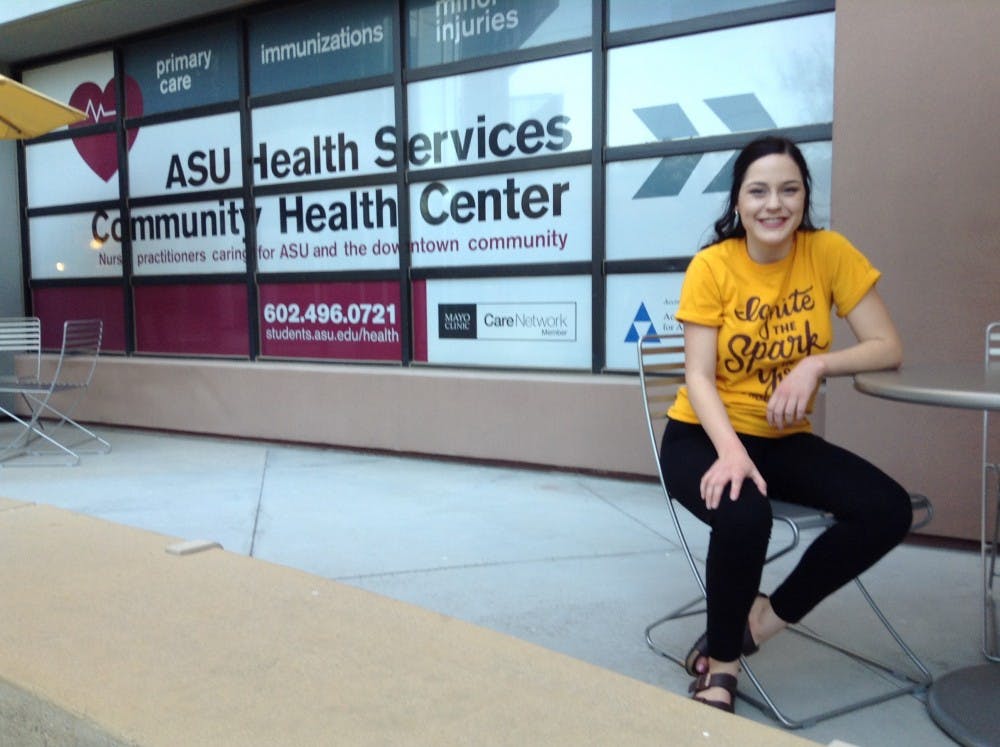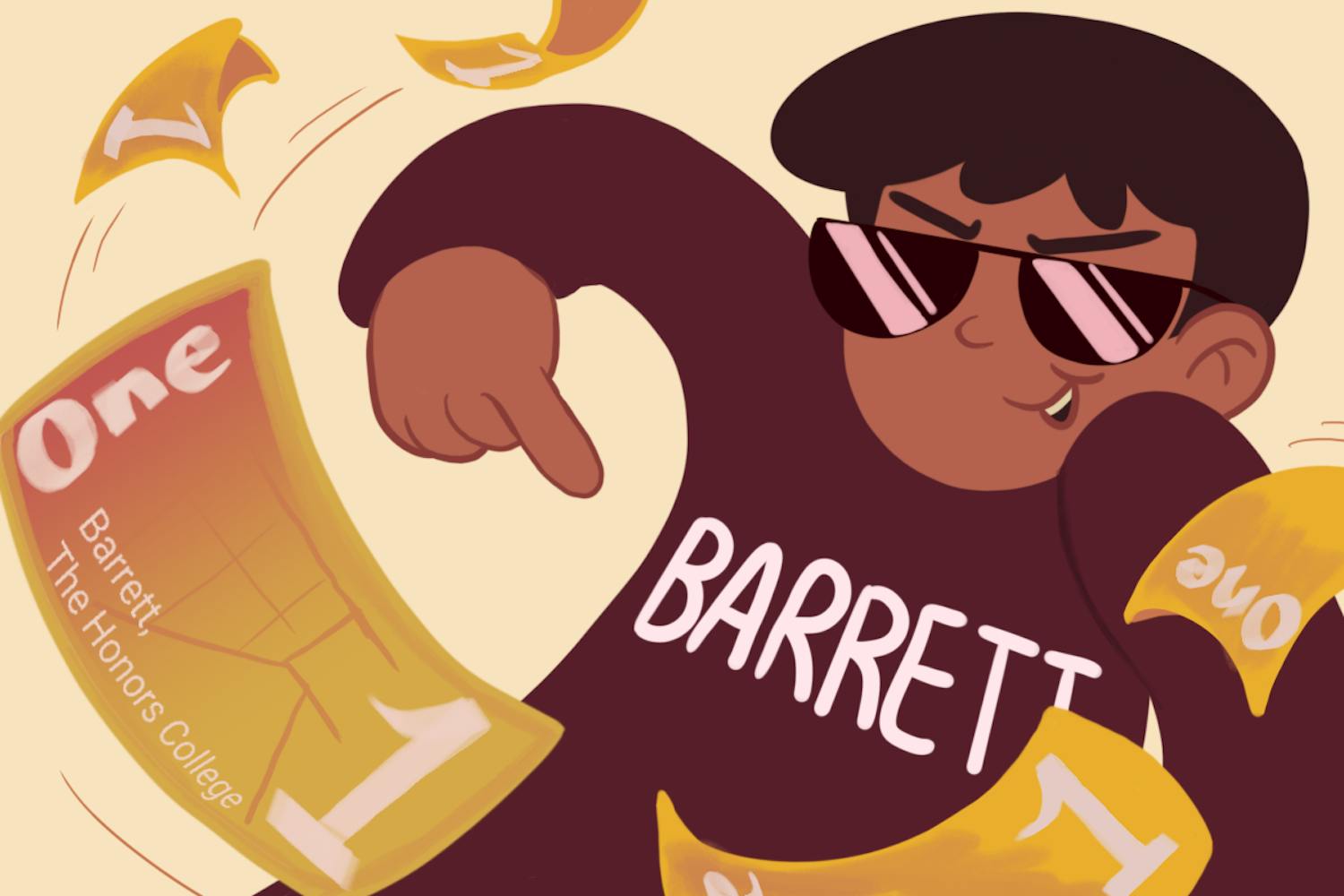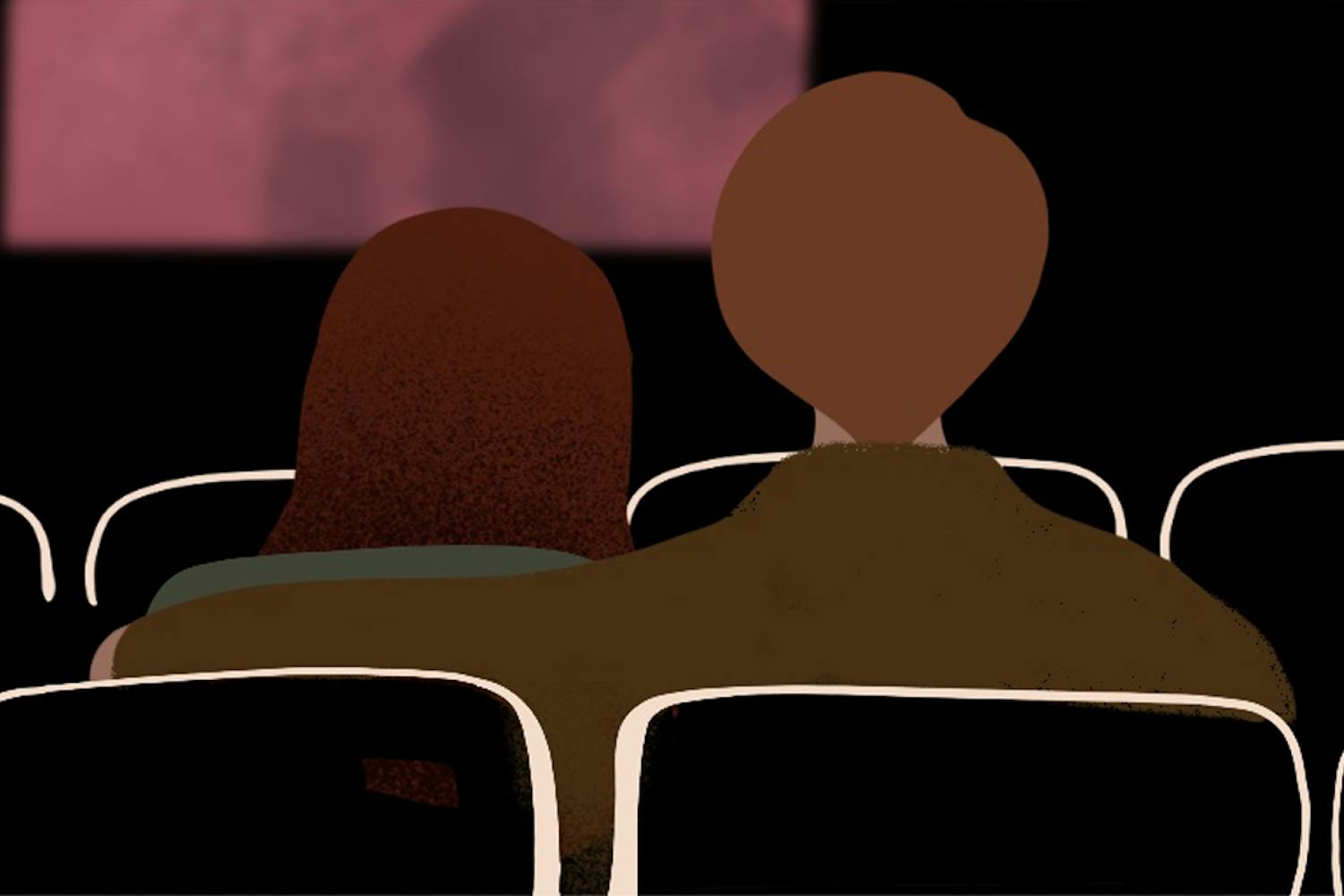ASU faculty and students have mixed feelings about the popularity of crime and medicine fields due to television shows about the professions.
Approximately eight out of 10 Americans watch a television show focusing on criminal investigations, hospitals and medical settings or science fiction, according to a Pew Research Center survey.
A majority — 56 percent — of criminal investigation show viewers have a positive impression of working in the science field, according to the Pew Research Center.
Josep De Alcaraz Fossoul, a lecturer in forensic science, said he worked as a crime scene inspector for five years and then worked in the crime labs until he came to ASU as a faculty member.
Fossoul said crime shows helped the profession recruit more young people willing to learn about forensic science, though the shows gave an unrealistic representation of the field.
“It created a lot of interest among young people,” he said. “… I’m very glad that it’s all out there. It got out of the closet. People got to know it. People were familiar with it.”
Fossoul said that because of these television shows' popularity, people don’t understand that most of what forensic scientists do on these shows is scientifically out-of-reach right now.
“One thing is science fiction, and the other one is reality,” he said.
The chances of finding evidence at the crime scene are slim, which is surprising to the victims involved in the crime because of the television shows, Fossoul said.
“Nobody had expectations of forensic science before,” he said. “Now everybody has expectations.”
According to the Pew Research Center, 35 percent of Americans believe that crime shows prioritize portraying the science, technology and medicine in a realistic way. Fossoul said the shows are more in line with science fiction than reality.
Chantal Fahmy, a doctoral candidate studying criminology and criminal justice, said it’s hard for her to think of the perception of outsiders when she’s so involved in her education.
“I know that since shows like CSI, Dexter, Lockup, The Wire have come out, it feels like peoples’ interests and obsessions with criminology and criminal justice have skyrocketed,” she said.
Fahmy said she has noticed the increase of positivity toward her profession from her family and friends, but that the public doesn’t necessarily understand what she does.
“As a criminologist, some people think I am at crime scenes myself or that all I do every day is talk with serial killers and mass murderers, and that’s simply not the case,” she said.
Some of her classmates during her undergraduate degree were influenced by these crime shows to pursue a career in criminology, but once they realized what the job really entails, some stayed and some left, she said.
“Because of the surge in popularity of these shows, the field we work in is on the map for once,” she said. “Even if people aren’t completely in tune with what really happens.”
Just over 50 percent of medicine-oriented show viewers have a positive impression of science, technology and medicine, according to the Pew Research Center.
Olivia Cunningham, a sophomore nursing major, said “Grey’s Anatomy” sparked her interest in the medical field.
“I realized very quickly that’s not at all what it is,” she said.
Cunningham said the job is far more stressful than depicted in medical shows, and television has romanticized and sexualized the profession.
“It’s all gross and blood and fluids,” she said.
The reason so many people have a positive impression of the medical field is because it has been romanticized, and people go into nursing originally thinking “I’m going to fall in love with a surgeon,” which isn’t true, she said.
According to the Pew Research Center, 32 percent of Americans believe medicine-oriented shows and movies prioritize accuracy.
Cunningham also said she thinks having a strong female lead in “Grey’s Anatomy” led to more women going into the medical field.
“It was inspiring women to come through and actually do this job they are fully capable of doing,” she said.
Heidi Czerlinski, a sophomore studying nursing, said she can see how medical shows leave a positive impression.
“Most people see shows about doctors, about people who have a long history of schooling, and it inspires people to make that leap, go all the way and spend their whole lives in school,” she said.
Czerlinski said that while the medical professions are often glamorized, it’s necessary to have a positive impression of them.
“We need doctors,” she said. “We need people who are going to do that.”
Czerlinski said she grew up watching “Grey’s Anatomy” and medicine is the only profession she has ever been interested in.
“I think that it put more of an emphasis on doctors, and nurses aren’t really mentioned that much,” she said. “It can be a negative hierarchy and almost devalues different types of health care workers.”
Reach the reporter at anbuechl@asu.edu or follow @alexa_buechler on Twitter.
Like The State Press on Facebook and follow @statepress on Twitter.




